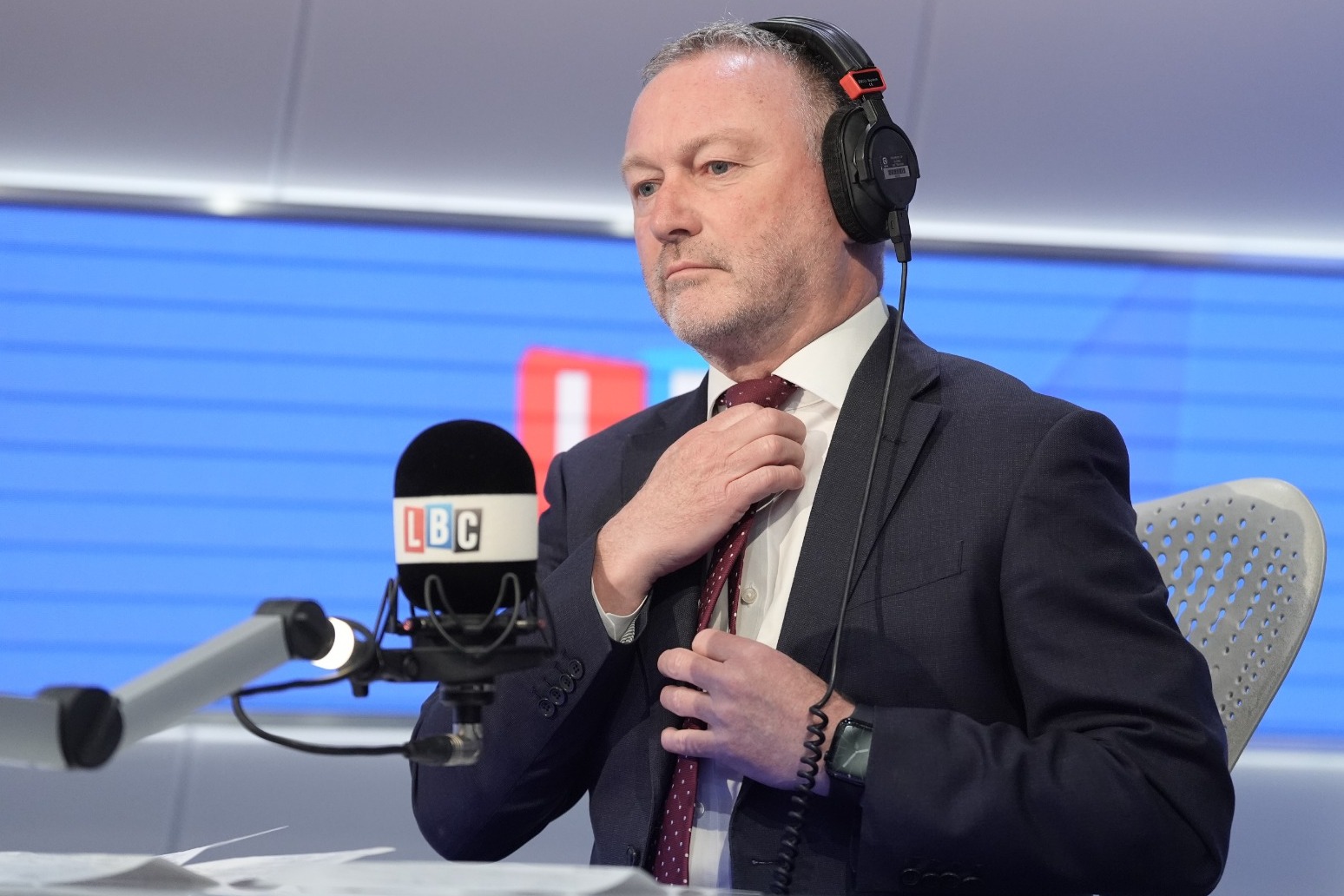Listeners:
Top listeners:
-
 play_arrow
play_arrow
Rother Radio (128K) Love Local, Love Music!
-
 play_arrow
play_arrow
Rother Radio (64K) Love Local, Love Music!
-
 play_arrow
play_arrow
Rother Radio (Doncaster) (128K) Love Local, Love Music!
-
 play_arrow
play_arrow
Rother Radio Xmas Love Local, Love Music!
-
 play_arrow
play_arrow
Rother Radio – Special Announcement Love Local, Love Music!


The water sector is beset with “deep-rooted, systemic” failures, and needs fundamental reform of laws, regulation and infrastructure, a review has warned.
The Independent Water Commission was tasked by the UK and Welsh governments to carry out the largest review of the sector since privatisation in the face of widespread public anger over pollution, bills and bosses’ bonuses although ministers ruled out nationalising water companies.
Its interim report has been published as Britain’s biggest water company Thames Water is again facing the spectre of temporary nationalisation after private equity firm KKR pulled out of plans for a £3 billion bailout.
Another of England’s private water firms, South West Water, reported widening financial losses after an outbreak of a parasite in water supplies cost it millions.
And water supplies are under pressure after the driest spring in decades has left farmers struggling and millions of households facing the possibility of hosepipe bans, while ministers have warned climate change, a rising population and crumbling infrastructure is putting future supplies at risk.
In the interim report published on Tuesday, the commission said multiple issues need to be tackled to rebuild public trust in the ailing sector.
It called for regulator Ofwat’s role to be strengthened and for the watchdog to adopt a more “supervisory” approach to oversight of water firms.
Former Bank of England deputy governor Sir Jon Cunliffe, who led the review into the water sector in England and Wales, told the BBC that more effective regulation was a huge part of solving the problem, with a regulator that could step in early before things got worse.
He said: “Because when they get worse, as you can see, they are very difficult to sort out, and we need an environmental regulator with the capability to monitor and enforce.”
He also said that having regulators with different remits and responsibilities for different parts of the process had made the water system “expensive and incoherent”.
The interim review urges the Government to provide clearer long-term direction on what is needed from the water system, and warns key elements of current legislation are “badly in need of review and rationalisation”.
It proposes greater regional decision-making around local water systems, and emphasises the need for a greater focus on long-term, responsible investment and ownership within the industry.
It is also considering new standards for the water sector’s crumbling infrastructure, warning there is insufficient understanding of the health of assets such as pipes and water treatment plants.
Companies should plan for long-term resilience of “critical assets”, not simply fix things when they fail, it warned.
Sir Jon said: “There is no simple, single change, no matter how radical, that will deliver the fundamental reset that is needed for the water sector.
“We have heard of deep-rooted, systemic and interlocking failures over the years – failure in Government’s strategy and planning for the future, failure in regulation to protect both the billpayer and the environment and failure by some water companies and their owners to act in the public, as well as their private, interest.
“My view is that all of these issues need to be tackled to rebuild public trust and make the system fit for the future. We anticipate that this will require new legislation.”
Anger has been growing over the polluted state of rivers, lakes and coastal waters, leaks and sewage spills at the same time as significant shareholder payouts and bosses’ bonuses, and bills which were hiked in April to pay for investment to fix creaking infrastructure.
On Tuesday, Thames Water announced private equity giant KKR has pulled out of plans to invest in the company, in the latest blow to the struggling and heavily indebted utility.
Thames Water – which supplies 16 million customers – had hoped KKR would invest more than £3 billion of new equity amid fears the supplier was running out of cash, and its withdrawal from the deal raises the spectre of a temporary government nationalisation once more.
And South West Water’s owner Pennon has reported widening losses after a parasite outbreak in Brixham, South Devon, cost it around £21 million.
The outbreak put some people in hospital and left thousands of homes without safe drinking water – some for weeks.
Published: by Radio NewsHub
Written by: Radio News Hub
Similar posts
Now Playing
Now playing: -
On Air Now

Early Breakfast
The best variety of hits, non-stop!
The early bird catches the worm and they also get the best variety of hits!
closeSponsored
Weather
Latest from Facebook
Search Rother Radio
Contact Us
- https://www.rotherradio.co.uk
- 01709 257 175
- studio@rotherradio.co.uk
About Us
Rother Radio – Love Local, Love Music! → Discover more
Our Partners
Rother Radio is owned by Rotherham Broadcasting CIC






